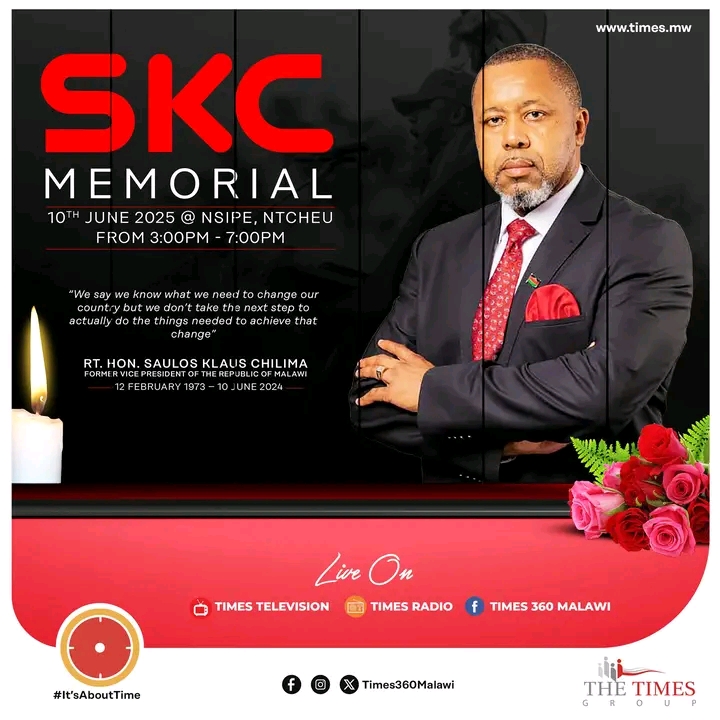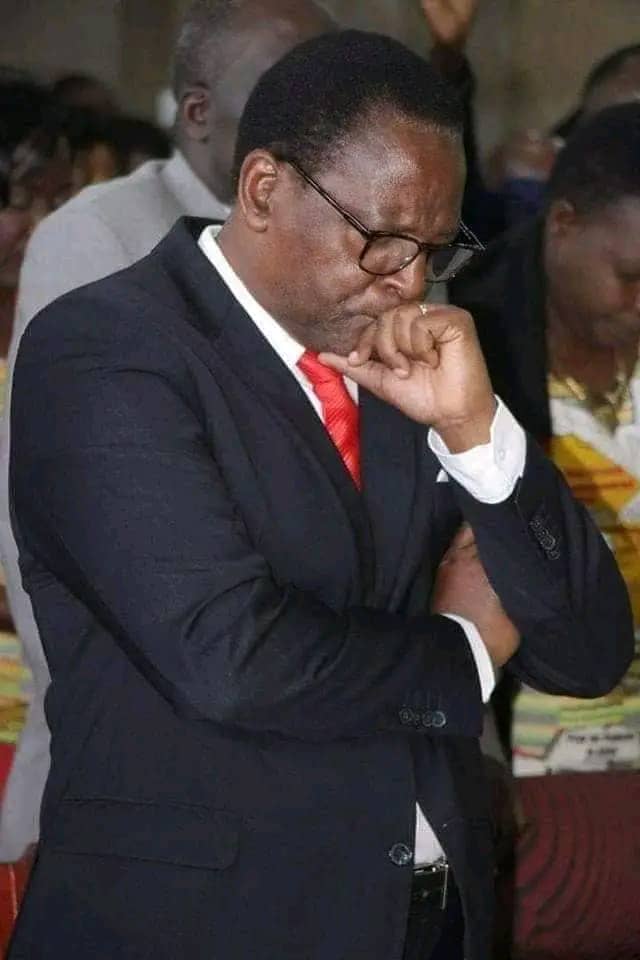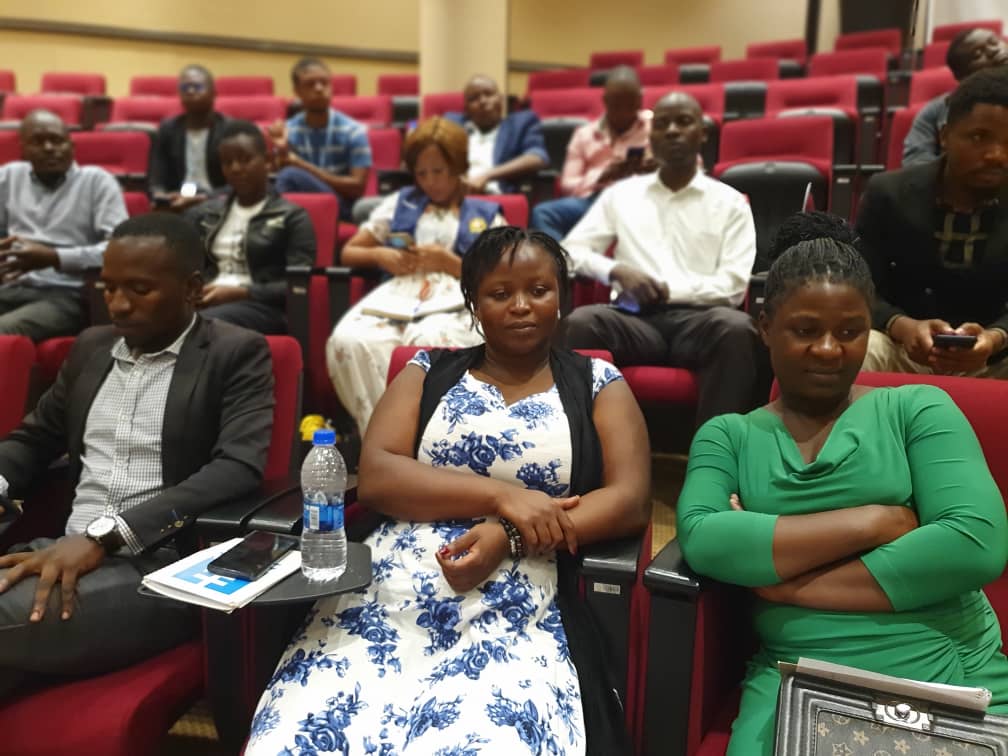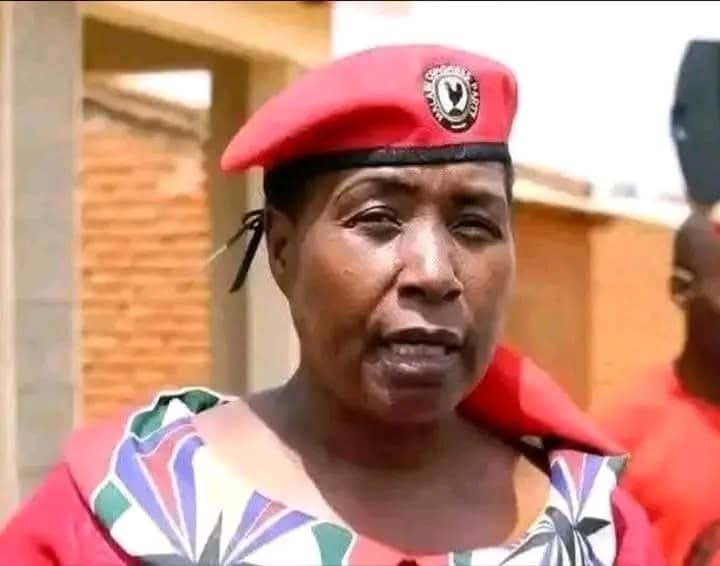By Burnett Munthali
No government official has attended the memorial service of former vice-president Saulos Chilima, currently underway at Nsipe Parish of the Catholic Church in Ntcheu.
The absence of government representatives at the event has drawn attention, particularly given Chilima’s significant role in Malawi’s recent political history.
The memorial marks exactly one year since the tragic death of Chilima, who perished alongside eight others in a military plane crash.
The crash occurred on June 10 of the previous year at Nthungwa, within the Viphya Plantation area.
The late vice-president had been traveling on official duties when the Malawi Defence Force aircraft went down in the forested terrain of northern Malawi.
The incident shocked the nation and led to an outpouring of grief, with tributes pouring in from across the political divide and international community.
At the time of his death, Chilima was serving his second term as vice-president of Malawi, having first taken office in 2014 under President Peter Mutharika, and again in 2020 under President Lazarus Chakwera.
Known for his charisma and reformist agenda, Chilima had garnered a strong following among Malawians, especially the youth, for his outspoken stance against corruption and his vision for a more accountable government.
Today’s memorial service has drawn hundreds of mourners, including family members, friends, local leaders, and citizens from across the country, all gathered to honor and remember his life and legacy.
The absence of top government officials at such a solemn national occasion has sparked mixed reactions, with some viewing it as a political statement and others calling it a missed opportunity for unity and healing.
Chilima hailed from Ntcheu and was a devout Catholic, often emphasizing his faith in public life and engaging actively with his local parish.
As prayers continue at Nsipe Parish, the mood remains somber, with speakers reflecting on Chilima’s contributions to national development, democratic governance, and youth empowerment.
Despite the void left by government officials, the spirit of the memorial remains strong, as Malawians unite in remembrance of a leader many considered a symbol of hope and change.
The service serves as a poignant reminder of the fragility of life and the enduring impact of a life committed to public service.




